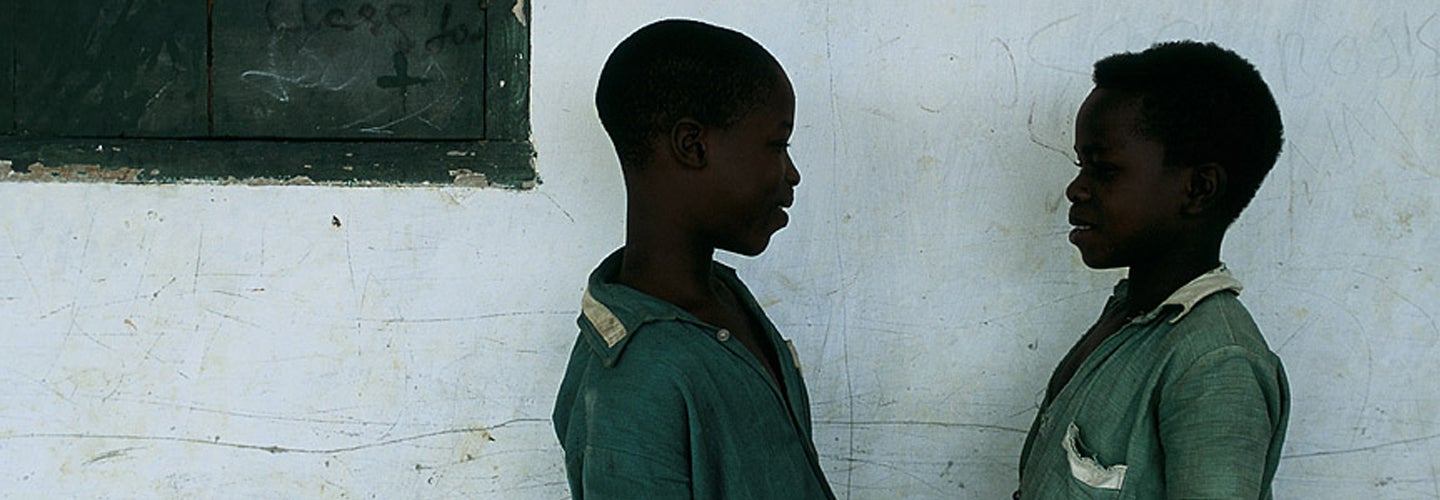 Nigeria's partnership with UNICEF to invest more in domestic spending on education will produce fruitful results in young men and women’s lives. Photo: World Bank
Nigeria's partnership with UNICEF to invest more in domestic spending on education will produce fruitful results in young men and women’s lives. Photo: World Bank
Attending online classes required the skill of a Tomb raider. Single click to open Microsoft teams. Double click to find my timetable. Three frantic clicks with an impatient cadence to enter the arena of learning. The golden treasure trove of learning made those with ardent minds salivate. A loud boom accompanied with a hiss and a fizzle sounded out behind me. My screen went black. The generator went out. What could one do without electricity? Even the most avid learners would find it easier to Sleep.
Nigeria’s problems with infrastructure have created a gap in learning in many students like myself, a global phenomenon further exacerbated by the lack of access to consistent electricity. Government plans such as broadcasting educational programs on mediums such as radio and television were haphazard and the public were uninformed on these schemes. However, I fervently believe our current president’s partnership with UNICEF to invest more in domestic spending on education and improvement in digital skills will produce fruitful results in young men and women’s lives.
A daily routine such as attending school and interacting with others is the only way millions of Nigerians can escape the poor infrastructure permeating every other part of life. On the other hand millions of Nigerians with the necessary skills to improve the workforce are contributing to our brain drain. The Nigerian Diaspora has been extremely successful wherever they go, but none of this success has been directly translated to Nigeria. With our negative net migration rate, there will be no jobs of the future. The first step is to make Nigeria liveable for the youth.
Allowing under 18’s to have bank accounts teaches them fiscal responsibility. Supplying computers to rural areas will teach essential digital skills. Employing government mandated youth apprenticeship schemes will help many see a future in Nigeria. Expanding our secondary and quaternary sector offers more prospects for our large population and for any people pursuing higher education. Most importantly we need to run cables all over the country and expand the grid. A light on at home kindles the light in our hearts to do better for each other and our country.
Related
Announcing winners of the fifth World Bank and Financial Times youth blog competition


Join the Conversation